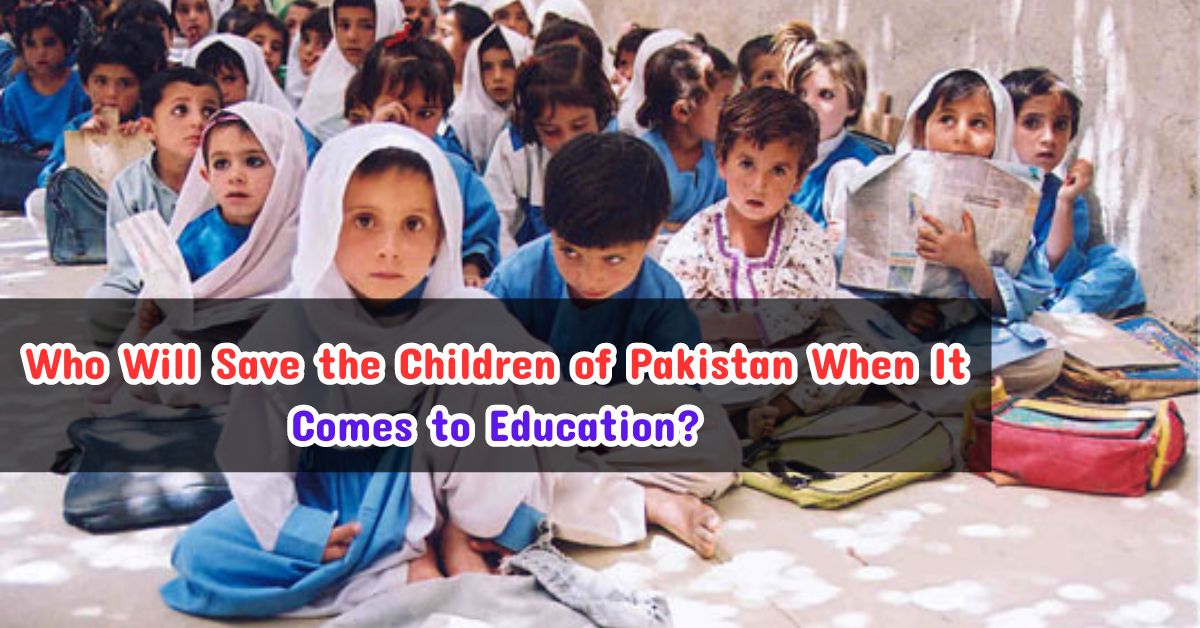Anjum Altaf’s Legacy and the State of Education in Pakistan
As Anjum Altaf puts it, while literacy is important, the content of that literacy is even more important. There’s a special kind of legacy that the written word leaves, and it shines brighter in a world that is increasingly reliant on quick information – only for it to become old in this digital era. Anjum Altaf’s body of work in the form of books are in a league of their own, in terms of their value and the service he has done to the Pakistani nation.
The SNC: A Political Tool or a Path to Progress?
Introduced by the PML-N, the Single National Curriculum (SNC) aimed to provide all children with equal footing in basic literacy. However, the SNC’s implementation has been marred by political agendas and a lack of focus on critical thinking. The PTI’s heavy dose of religion in the curriculum further politicized education, turning it into a battleground for ideologies.
Anjum Altaf’s Insights
Altaf’s books, such as What We Get Wrong About Education In Pakistan, delve into the deep-rooted issues plaguing Pakistan’s education system. He points out that the political-economic system benefits from an illiterate population, keeping rulers happy with the status quo. The SNC, while initially seen as a positive step, has been manipulated for political gains, with little regard for its potential to foster critical thinking and social cohesion.
Also Read: The Secret Ingredient to Career Success: Skill Development
The Harms of the SNC
The SNC’s implementation has had several negative consequences:
- Restricted access to education: Brick kiln schools were shut down under the PTI government, depriving thousands of children of education.
- Moral policing and censorship: Schools faced censorship on dress codes, music, and religious teachings, creating a hostile environment for students.
- Lack of critical thinking: The curriculum prioritized rote learning and religious indoctrination, hindering the development of critical thinking skills.
Also Read: The Ultimate Student Survival Guide: Essential Tips to Thrive in School
Altaf’s Call for Action
Altaf emphasizes the importance of the content of education, highlighting how a literate population can still hold harmful beliefs if not exposed to diverse perspectives. He draws parallels with other countries that used education as a political tool, such as China, Russia, and Cuba.
The Role of Parents and Civil Society
While the state has failed to prioritize education, parents and civil society play a crucial role in advocating for change. They can demand transparency, inclusivity, and a focus on critical thinking in the curriculum. By organizing, protesting, and engaging with policymakers, they can influence the direction of education in Pakistan.
Also Read: Addressing Pakistan’s Education Crisis: Why Quality Education is the Key to Progress
Conclusion
The future of education in Pakistan hangs in the balance. It is up to parents, civil society, and concerned individuals to advocate for a system that prioritizes critical thinking, inclusivity, and the overall well-being of children. Anjum Altaf’s work serves as a valuable resource, providing insights and guidance for those seeking to improve education in Pakistan.
